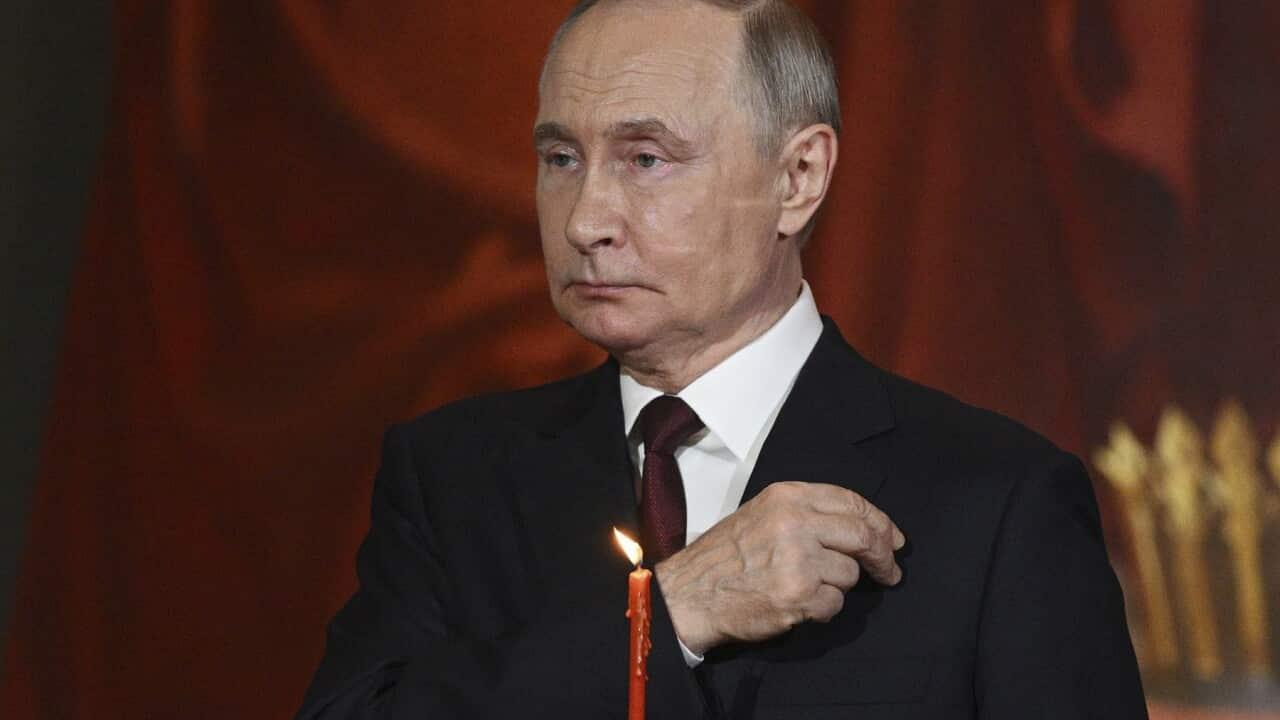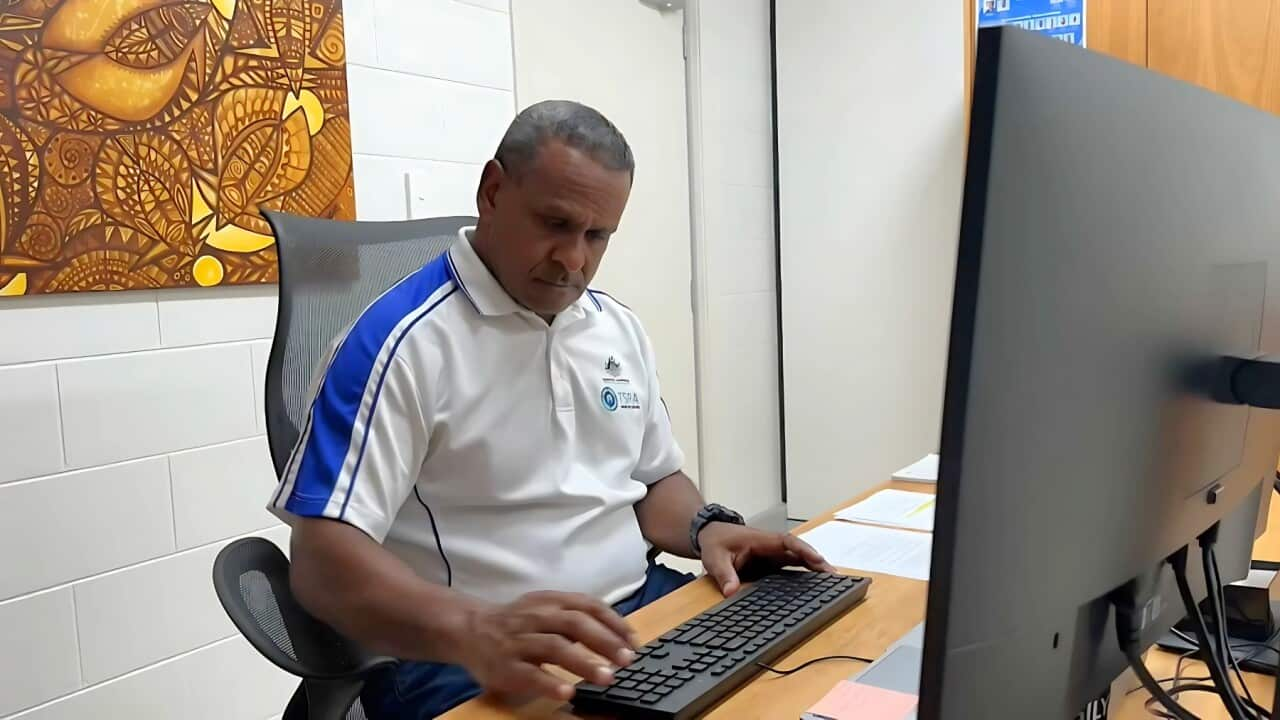TRANSCRIPT
A series of explosions involving hundreds of handheld pagers used by the armed group Hezbollah, have killed at least nine people and injured 2,700 in Lebanon.
Security cameras recorded some of the explosions that began in the southern suburbs of Beirut, a stronghold of the Iranian-backed armed group, and then continued on to several other areas.
Lebanon's Health Minister Firass Abiad has confirmed the attack.
“At around 3:30pm this afternoon, a large number of injuries started flowing into the hospitals. Those injured were primarily hurt after the explosion of communications tools, pagers, that they were carrying. The number of people that arrived to the emergency rooms were very large. It was clear that they were from different locations.”
Pagers are messaging devices that were commonly used up until the late-1990s before mobile phones became popular.
But unlike mobiles, pagers don't have the geolocation tracking feature, leading to Hezbollah leader Hassan Nasrallah recommending their exclusive use by the group years ago.
The incident comes at a time of heightened tensions between Lebanon and Israel.
Since the beginning of the Israel-Hamas war, Hezbollah, which operates in southern Lebanon near the border with Israel, has launched several attacks against Israeli territory.
Moshe Weinstein is a resident of northern Israel.
"Rockets are falling, missiles above the head, below the head. Just last night a Burkan missile fell next to my son's house in Metulla. Who cares? Who's coming here?"
The Lebanese government has accused Israel of causing the pager explosions.
Hezbollah officials said the pagers came from Taiwan and were imported five months ago.
They were distributed to members of the group in Lebanon, as well as allies in Iran and Syria.
An unnamed former British Army munitions expert told the BBC the pagers would have likely been packed with between 10 and 20 grams of military-grade high explosive, hidden inside a fake electronic component.
Israeli military analyst Sarit Zehavi describes the attack as overwhelming.
"It is definitely an intelligence infiltration that is overwhelming, overwhelming capability. But I think the greatest achievement here is the confusion that it created among Hezbollah, the psychological damage among Hezbollah.”
After the explosions, the Lebanese government instructed all those who still had the pagers to throw them away.
Among those killed in the pager explosions was the son of a member of Hezbollah's bloc in parliament, and the sons of two other senior officials have been wounded.
Kassen Hashen, a member of the Lebanese parliament, says he wants a strong response.
"We see that there must be a response at the level of this crime. What happened is a form of this aggression that the enemy has of course prepared for and may be the beginning of what he promised to expand his war on Lebanon."
The possibility that the attack was orchestrated by Israel has caused concern in the international community, which is worried about a further escalation of the war in the Middle East.
Josep Borrell, EU foreign policy chief says the war could spread to other territories.
“Certainly, there is the possibility of the war spilling over not only to Lebanon, but also there’s already been an important fire in the Red Sea.”
The United States says it had no involvement.
White House Press Secretary Karine Jean-Pierre says this latest incident underlines the importance of a negotiated ceasefire deal in Gaza.
"This is why the ceasefire negotiation is so important. This is why the hostage deal is so important. This is why the president, and his administration has been working around the clock 24 hours to get that done. We believe the deal would help reduce tensions along the blue line. And that is one of the reasons, again, we believe diplomatic, obviously, efforts are critical and important at this time as it relates to that incident, we've seen the reports, I just don't have anything to say beyond that."













